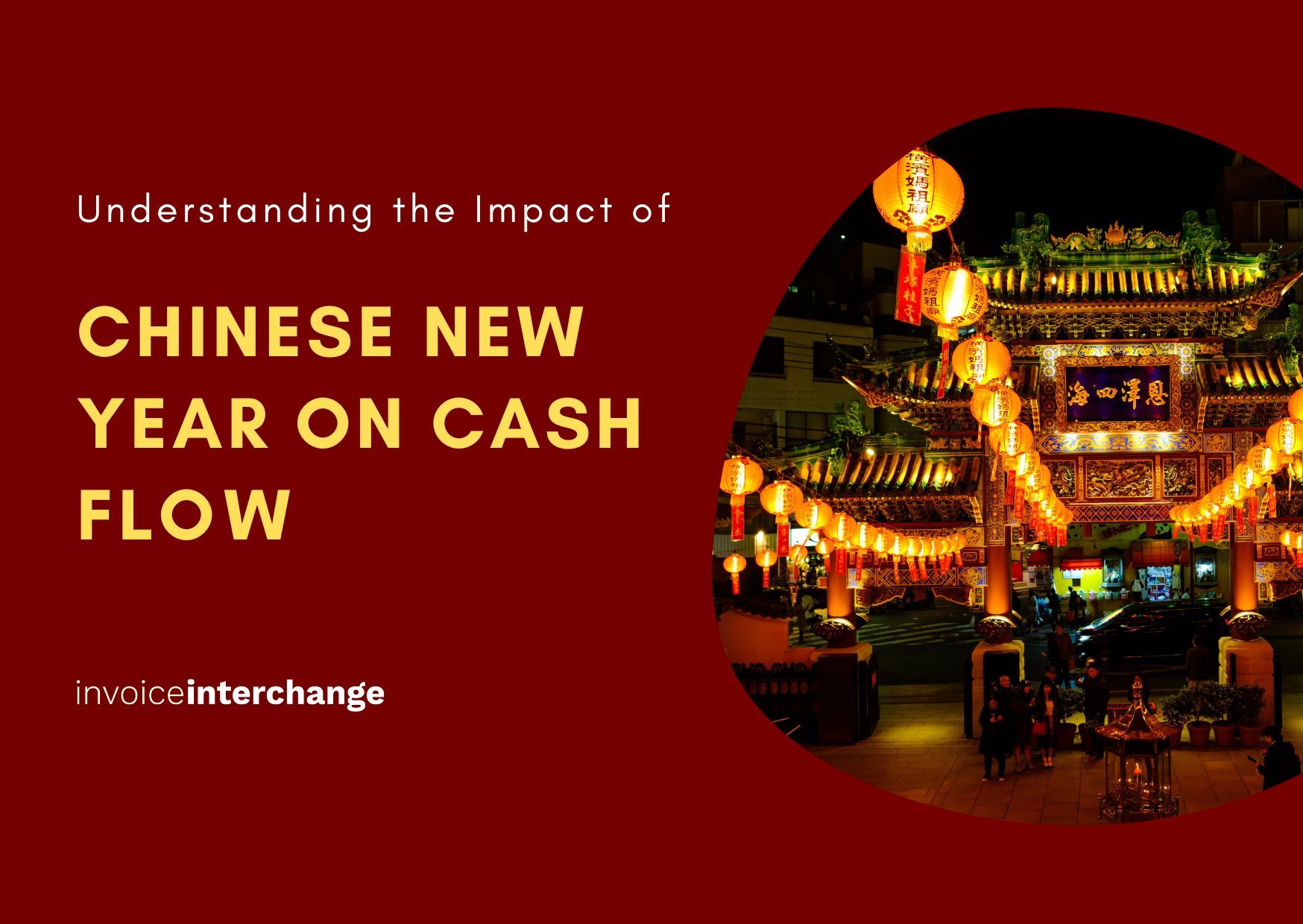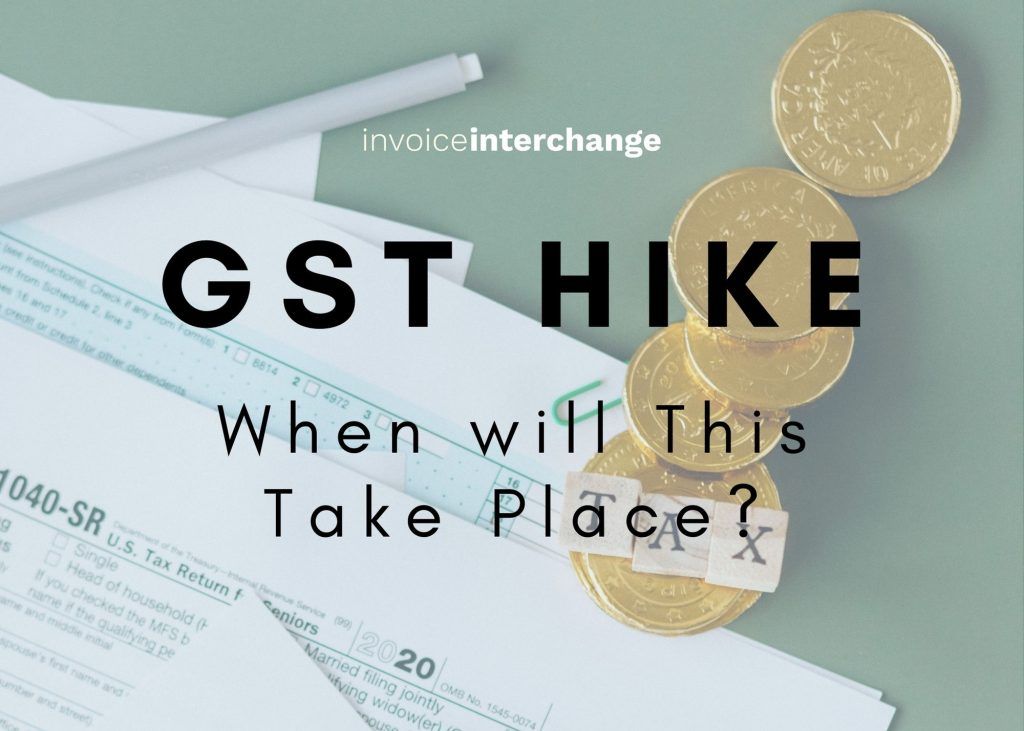Singapore announced plans for a GST hike as part of the Budget back in 2018. The increase is from 7 to 9 percent. GST will also be imposed on:
- Low-value goods imported via air or post that are valued up to and including $400 (the current GST import relief threshold).
- Business-to-consumer imported non-digital services post.
Deputy Prime Minister Heng Swee Keat stated that without the increase, Singapore will not be able to meet its rising recurrent spending needs, particularly in healthcare. However, due to the global pandemic, the rolling out of this GST hike has been postponed to sometime between 2022 and 2025.
Cushioning the impact
The Singapore government previously announced a $6 billion Assurance Package to be set aside to cushion the impact of the hike when it does take place. This package will delay the impact for the majority of households for at least five years. For lower-income Singaporeans, the offset will be even higher, and there will effectively be no increase for them for 10 years.
When will this GST hike take place?
Since the onset of the pandemic back in 2020, Singapore’s economy is now in a relative stable position to raise GST according to political analysts and economists. It is likely that this hike will happen sooner in 2022 rather than later.
How should GST registered businesses prepare?
Review sales contracts with your suppliers and customers
Businesses are recommended to review their contracts with suppliers and customers to determine which party should bear the cost of the GST hike when the rate does increase.
Update IT systems
Assess which system requires a GST update and how to go about it. This includes accounting platforms and sales registry.
Explore available relieve schemes
Consider GST cashflow relief schemes for imports such as the Major Exporter Scheme, Approved Contract Manufacturer and Trader Scheme and Import GST Deferment Scheme.
If your business is currently non-GST registered, then assess pros and cons of a GST registration and the appropriate timing to apply for a GST registration.
Cash Flow Solution
In an event that your business may need an additional cash flow to cover the GST expenses. Explore invoice finance facility. It allows your businesses to draw down against outstanding invoices. This fund can then be used to cover GST expenses as and when your business requires.
Related Articles

The Working Capital Challenge: How Long Credit Terms Could Be Holding Your Business Back

Understanding the Impact of Chinese New Year on Cash Flow: A Guide for SMEs

